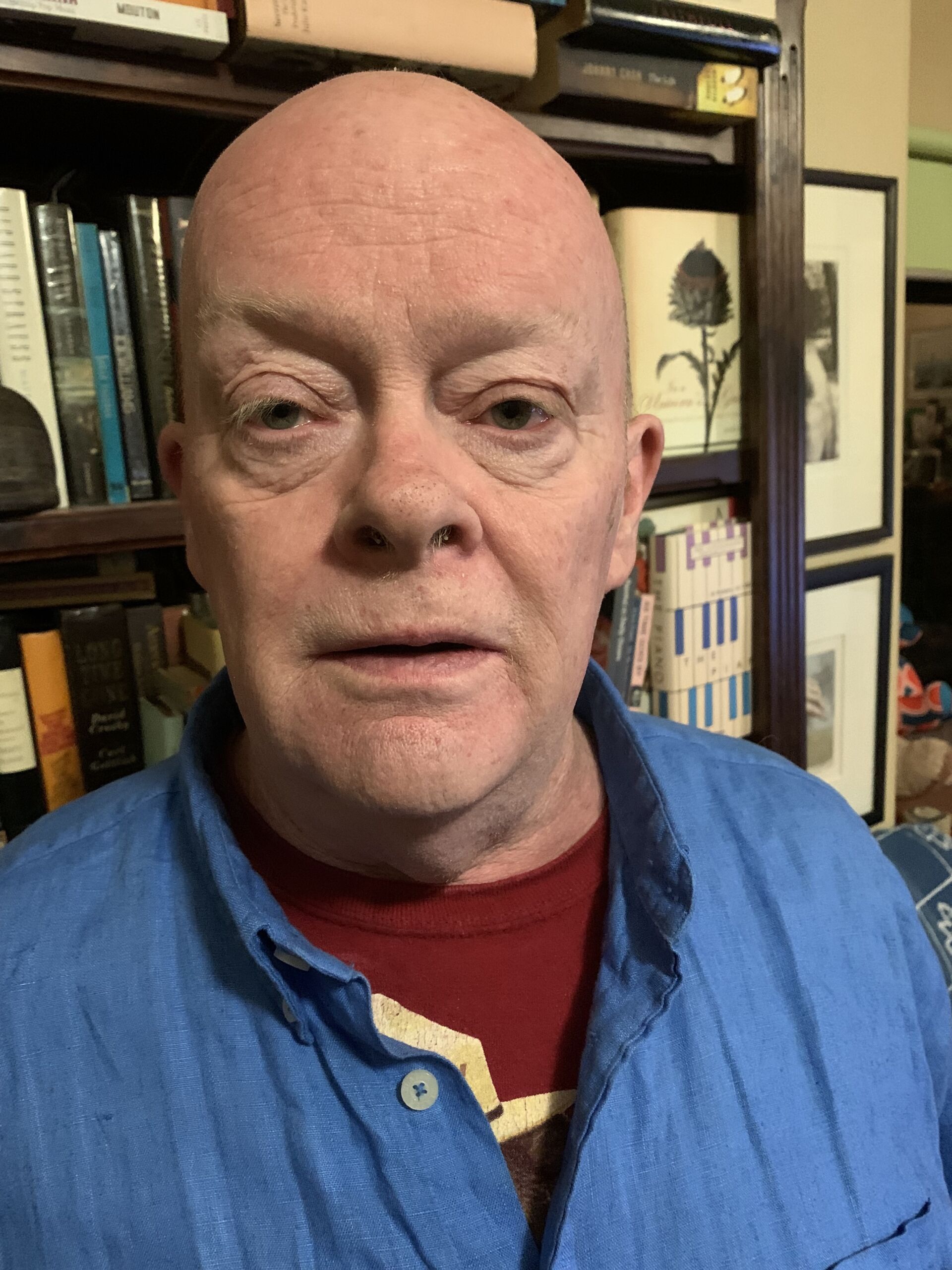Wigglesworth lifts the bar in program which proves an orchestral workout.
November 28, 2014
Akhnaten leads trio of highly successful performances.
September 25, 2014
Fiscal struggles can't hold back the latest in music documentary director's successful saga.
August 29, 2014
Although the German pianist Wilhelm Kempff had embarked on a celebrated concert and recording career by the late 1920s, his gifts would not be appreciated until after WWII and the dawn of the LP, recording for both Decca and Deutsche Gramophon, sticking to central Teutonic repertoire ranging from Bach and Beethoven (he recorded two celebrated cycles for DG) to Romantics like Schubert and Schumann. Kempff was a pianist who focused on the score at hand rather than presenting a more individualistic approach – as per many of his discographic contemporaries. These two generously filled discs focus on Brahms’ solo works, which show the influence of Schumann. Here are performances which sing, yet are content let his melancholic and darker edge shine through. These are straightforward interpretations in a selection presenting the finest of Brahms’ compositions for the keyboard – ranging from the early evocative Ballades Op. 10, wherein the mature Brahmsian style is already firmly in place. We get a pair of performances of the Two Rhapsodies Op. 79 and some of the late Intermezzi with their Romantic air of heartfelt anguish. It might be noted here that the Decca recordings were met with some critical reservation upon their initial…
August 12, 2014
This set is a representative tribute to a much-loved and exceptionally fine lyric soprano.
July 30, 2014
The British recording label NMC has done wonders making available the rarer works of British composers, and during the Britten centenary turned to that master. With Britten To America they focus on perhaps Britten’s second most important collaborator, the great modernist poet WH Auden, with whom in the 1930s he collaborated in works for radio and stage. Although Auden’s ‘cabaret’ songs would become popular from recitals with Britten’s life partner, the tenor Peter Pears, it’s wonderful to discover them in their original choral context as music for the play The Ascent of F6 (1936), written by Auden in conjunction with Christopher Isherwood on the subject of mountaineering. The other substantial piece here, On the Frontier, comes from the following year and is also written by those two playwrights with a contemporary political eye on a transfer to the West End. Others – namely An American in England and the closing setting by poet Louis Macneice, Where do we go from here?, stem from contemporary BBC radio programmes. Whilst these works may be regarded as peripheral to Britten’s output, there is no doubt as to the professionalism of the group of performers involved and Britten’s compositional brilliance shines through, even in…
July 8, 2014
A mere five years younger than Richard Strauss, Hans Pfitzner has had a problematic history as Michael Kater has amply suggested in his books on music under the Third Reich. A Romantic conservative, Pfitzner remained firmly associated with the musical trends of his youth (Brahms and Schumann) and given his vacillating anti-Semitism, has remained persona non grata. His only regularly performed work has remained the opera Palestrina, its three Preludes with their scintillating use of age-old modes keeping his name alive within the orchestral repertoire. The three cello concertos are very attractive in their way but conservative in composition, and in all of them the soloist Alban Gerhardt, Sebastian Weigle and the ever reliable Berlin Radio Symphony are equally responsible for maintaining a perfect balance between the cello and its accompanying orchestral forces. The opening concerto in A Minor is a student work criticised by his teachers and lost during his lifetime, only receiving its premiere in 1977. Perhaps the best of the works is the often delicate G Major concerto Op. 42 which was written for the virtuoso Cassado with assured writing that never drowns the soloist. There is an earlier CPO recording of these concerti with David Geringas however…
June 18, 2014
A mere five years younger than Richard Strauss, Hans Pfitzner has had a problematic history as Michael Kater has amply suggested in his books on music under the Third Reich. A Romantic conservative, Pfitzner remained firmly associated with the musical trends of his youth (Brahms and Schumann) and given his vacillating anti-Semitism, has remained persona non grata. His only regularly performed work has remained the opera Palestrina, its three Preludes with their scintillating use of age-old modes keeping his name alive within the orchestral repertoire. The three cello concertos are very attractive in their way but conservative in composition, and in all of them the soloist Alban Gerhardt, Sebastian Weigle and the ever reliable Berlin Radio Symphony are equally responsible for maintaining a perfect balance between the cello and its accompanying orchestral forces. The opening concerto in A Minor is a student work criticised by his teachers and lost during his lifetime, only receiving its premiere in 1977. Perhaps the best of the works is the often delicate G Major concerto Op. 42 which was written for the virtuoso Cassado with assured writing that never drowns the soloist. There is an earlier CPO recording of these concerti with David Geringas…
June 11, 2014
Rachmaninov without Romantic excess is lovingly dovetailed with some fine British works.
May 29, 2014
Pure entertainment and the spirit of Myra Hess bring World War II concert series vividly to life. Continue reading Get unlimited digital access from $4 per month Subscribe Already a subscriber? Log in
May 29, 2014
One of Limelight’s recent 30 under 30s excels in ASO debut with Orff and Rach.
May 21, 2014
This New Zealand diva is still well within her use by date.
May 21, 2014


